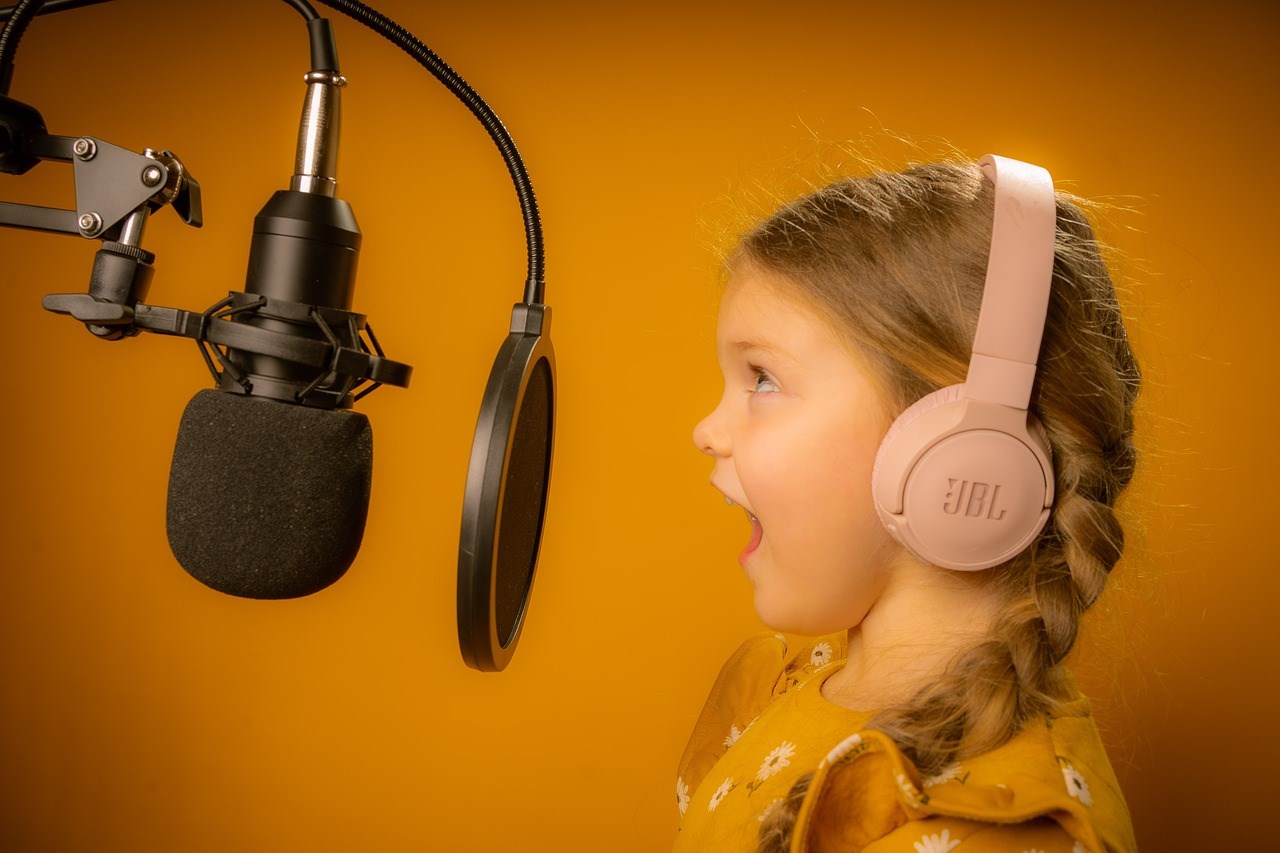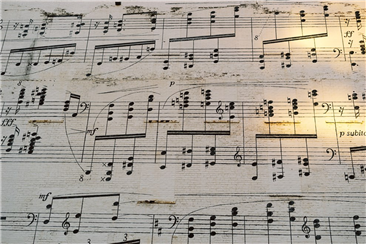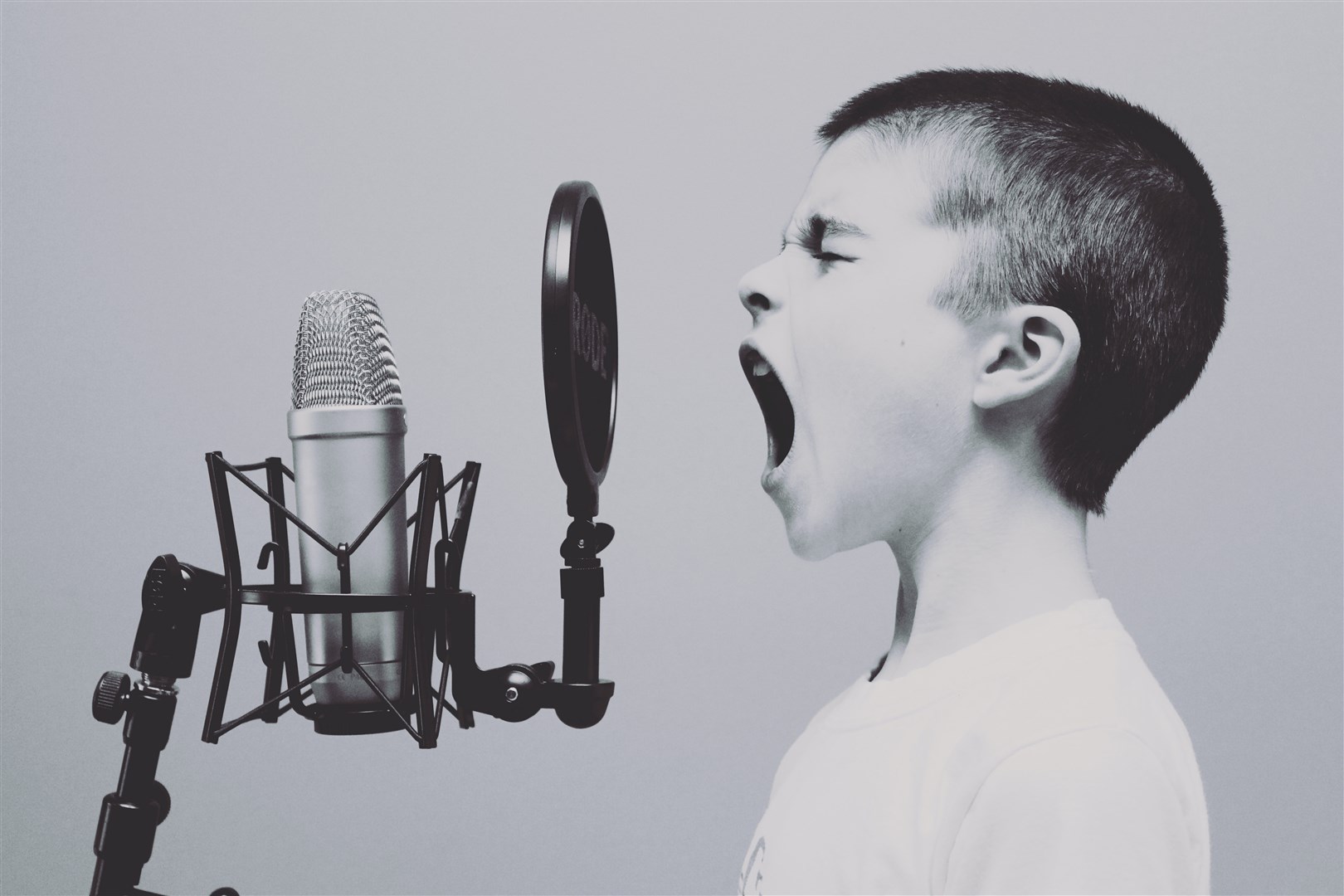pedagogue
noun
Welcome to the pedablog - a repository of vocal instruction miscellany! Please enjoy.
Voice Lessons for Children - is it really worth it?
Friday, August 11, 2023 by Alix Evans | children
 Image by Lee Murray from Pixabay
Image by Lee Murray from PixabaySome some parents, and even voice teachers, believe that there's not much point in teaching voice lessons to a child under the age of 12. Fortunately, this is now a fairly antiquated idea among voice teachers, and both teachers and parents acknowledge the benefits of singing instruction for young children, both in the areas of vocal health and in the extremely strong foundation in music literacy that vocal training in particular offers.
 Image by Weston M. on Unsplash
Image by Weston M. on UnsplashMany parents choose to enroll their children in piano lessons at a young age, on the grounds that keyboarding skills are an excellent way to teach music theory that will be applicable to any instrument the child chooses later in life. This is absolutely true, and piano instruction is a great choice for young children! But vocal training builds some fundamental musical skills even on top of those offered by piano.
Like piano, learning to sing can include basic music theory like reading music, learning about chords, voice leading, and the circle of 5ths. In addition to all of this, though, vocal training includes the most rigorous (and fun!) ear training of any instrument.
 Image by Greg Simon
Image by Greg SimonEar Training
What's ear training? Ear training is teaching the ear to recognize what it's hearing, and to "hear" a note or a phrase of music in the mind before you've heard it with your actual ears. Ear training is what allows singers to sing on key, it's what allows instrumentalists to know when they've hit a wrong note or need to tune their instruments, and it's what allows composers to write new music that sounds the way they want it to. It's also what allows choral singers to find their note in the middle of a chord, and what allows the best-trained singers to sing a line of music by sight, even though they've never heard it before. Unlike on a piano, where you hit the right key and the right note comes out, singers need to know what the music is going to sound like before we hear it. This is an important skill for any musician - that's why instrumentalist music majors have to take ear training classes in college. Vocal training is hands-down the best way to train your ear, and the younger you start, the easier (and more low-pressure, and more silly and fun) it is!
 Image by Jason Rosewell on Unsplash
Image by Jason Rosewell on UnsplashVocal Health
Because of the way the larynx develops, a child's larynx isn't able to execute the finer points of bel canto or belting technique until around puberty. In the past, this has been used as grounds to deny vocal training to younger children, and even to argue that it's harmful. It can indeed be harmful to teach a child whose larynx isn't ready to sing like an adult opera or Broadway performer - this can cause actual vocal damage. But vocal damage can also be caused by a child trying to imitate adults who they hear on the radio on their own.
A skilled voice teacher will be able to guide a child to a healthy vocal production, and recognize when the child is physically ready for more adult techniques. In voice lessons, children can learn to feel when they're straining from the throat, or when they're comfortably relaxed. And beyond that, childhood is a perfect time to instill the most foundational building blocks of any good vocal technique - posture and abdominal breathing. These building blocks not only set children up for success when they're ready for more advanced technique, they also set children up for success as instrumentalists and even just as human beings with healthy bodies! Good posture will support their spinal health throughout their lives, and abdominal breathing has been scientifically proven to help control symptoms of anxiety.
So in short, voice lessons for young children are not just safe and productive, they provide one of the absolute best foundations in music literacy, ear training, and healthy techniques available. These foundations will set children up for success in further vocal study, or in whatever they choose to pursue as they get older.
If you're interested in voice lessons for your child, check out my group classes starting this September, or click here to sign up for private voice lessons. Check back soon for blog posts on what lessons for children look like, and how to determine whether group or private lessons are the best fit for your child!
